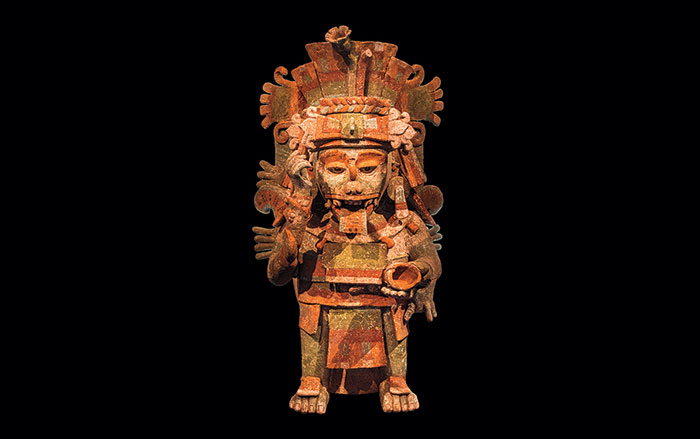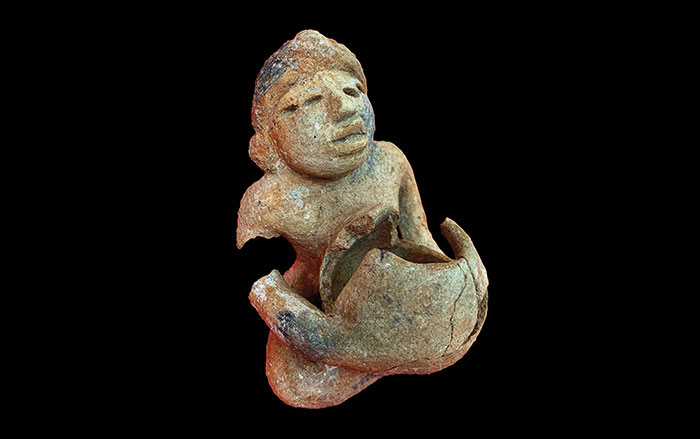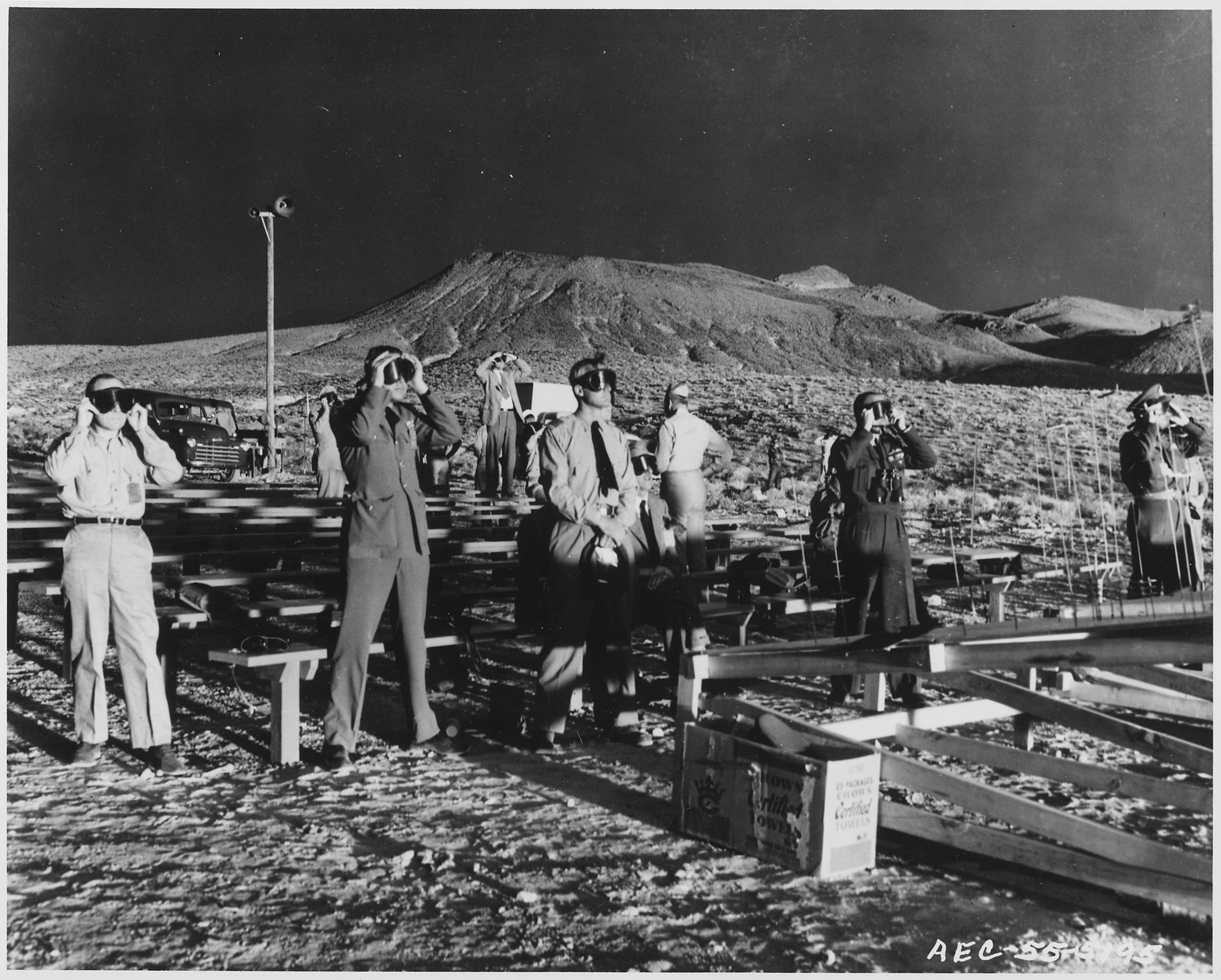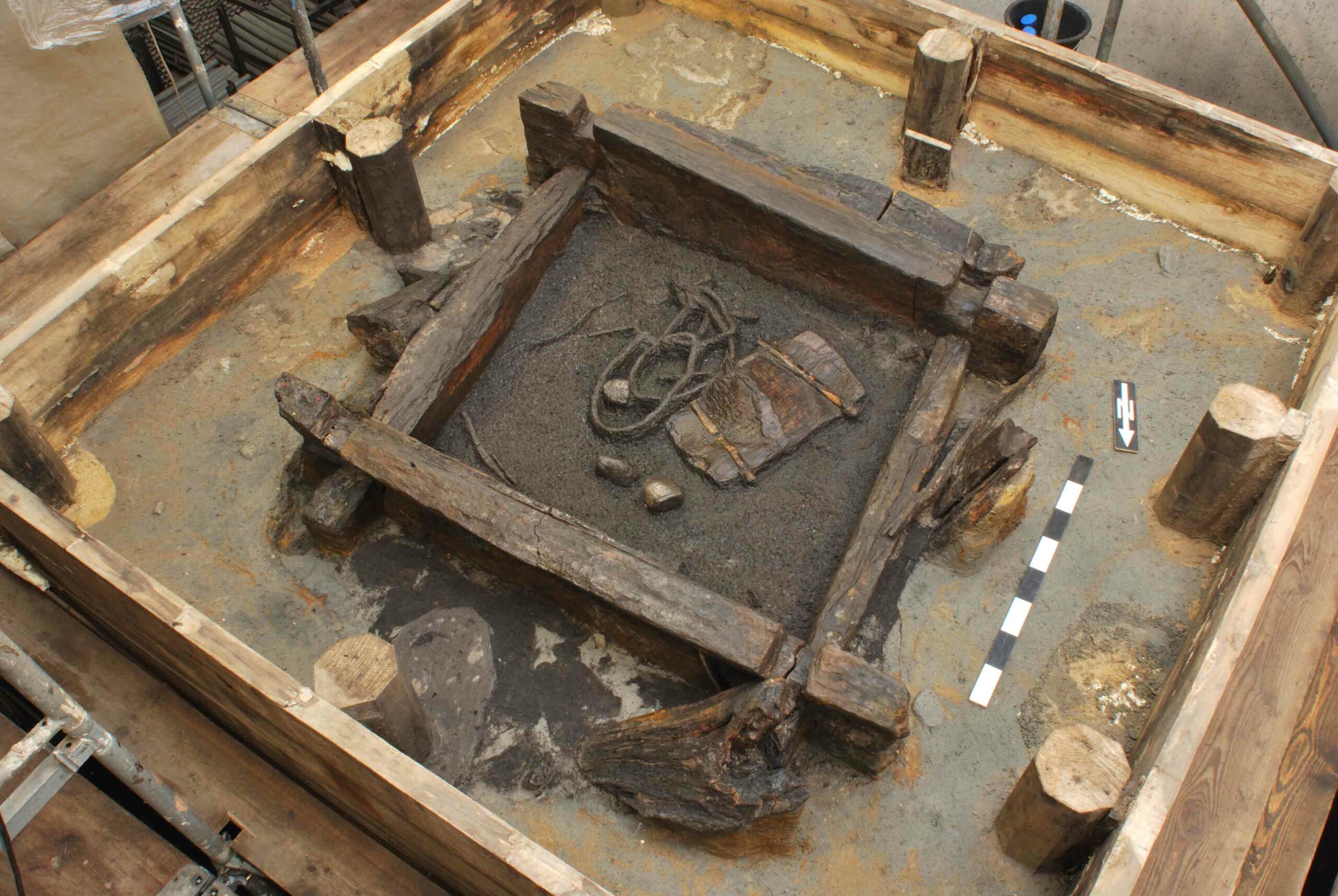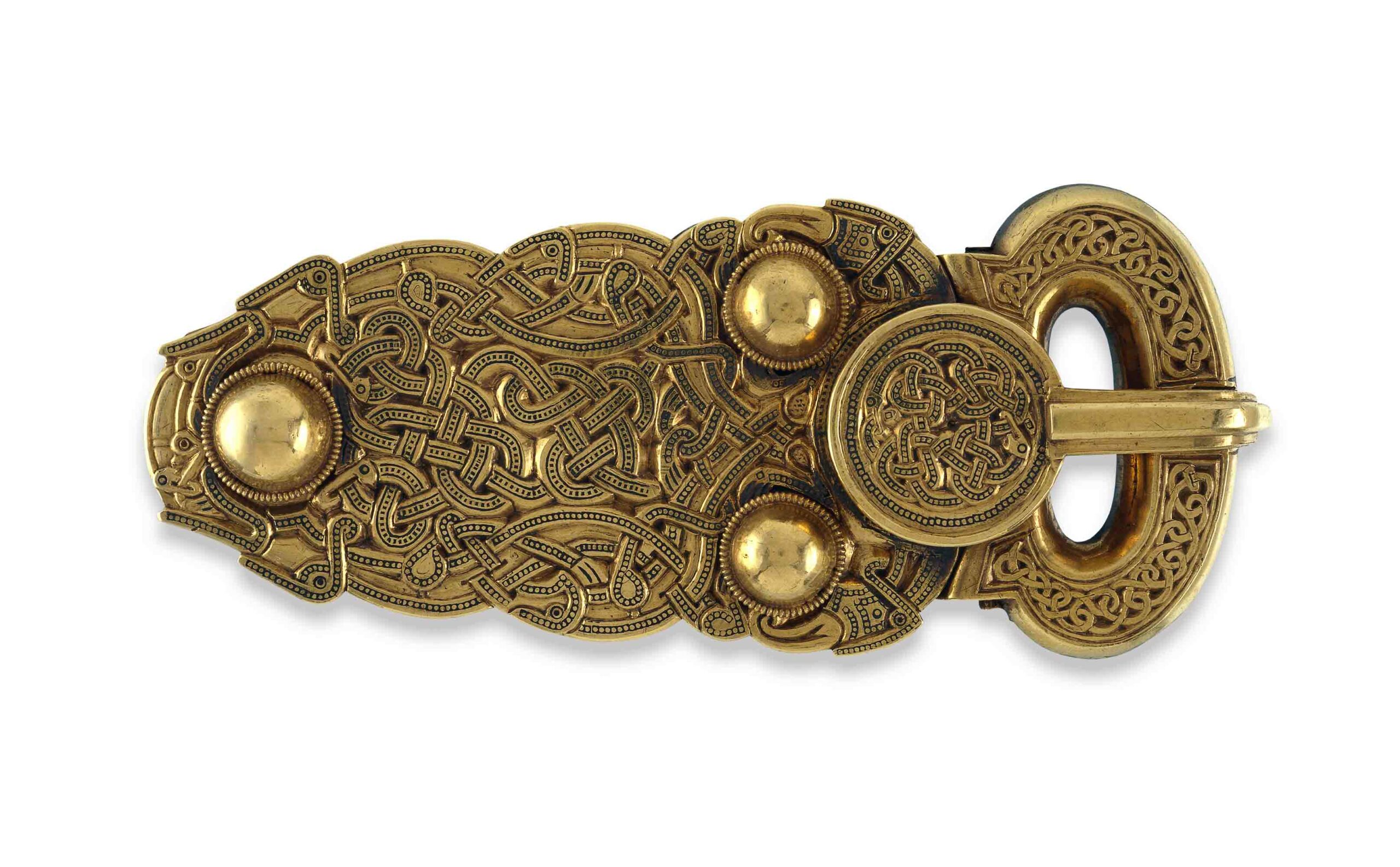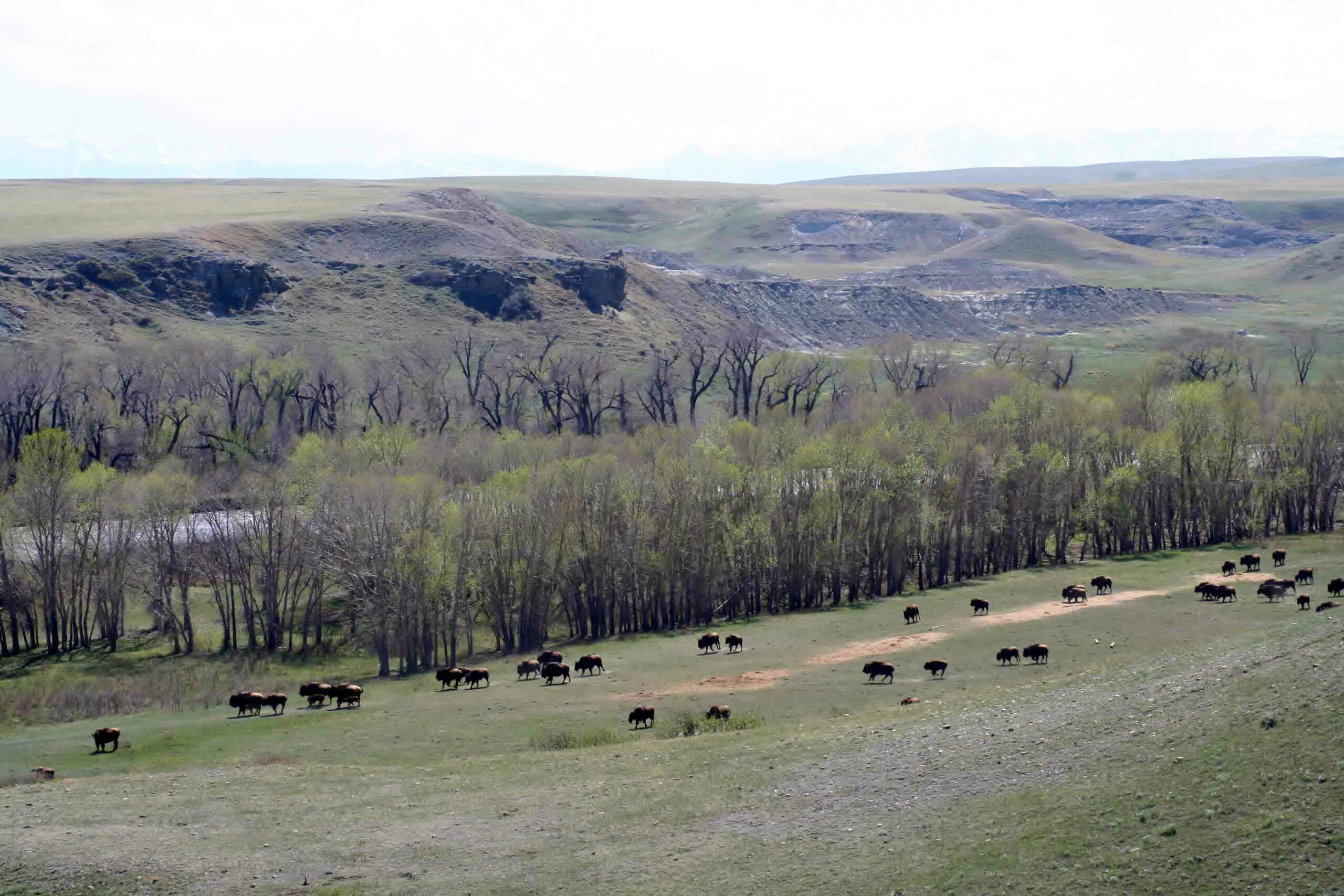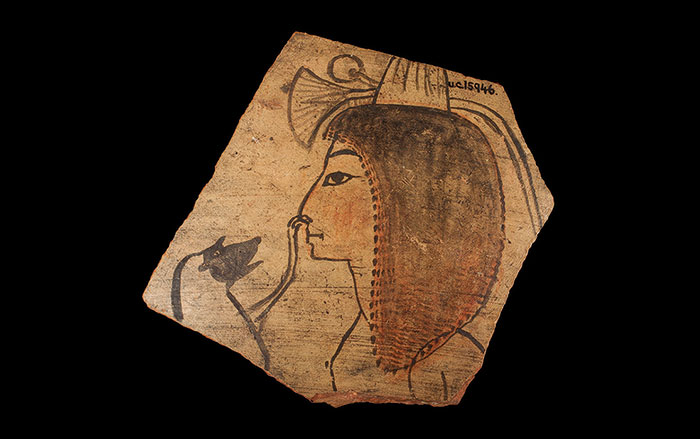
CINCINNATI, OHIO—The many residents of the Maya city of Tikal, located in Guatemala, would not have been able to import enough food to meet their needs without draft animals, wheeled vehicles, or navigable waterways. A team led by David Lentz of the University of Cincinnati analyzed surveys, satellite imagery, archaeological information, forest growth data, and pollen data. Phys.org reports the team determined that Tikal’s residents employed intensive agricultural practices, such as terracing, irrigation, and slash-and-burn cultivation to sustain the population’s growth during the Late Classic Period, from 600 to 850 A.D. But these methods rely on consistent annual rainfall, and the effects of a dry period in the middle ninth century may have been exacerbated by the clearing of forests and the pavement of large areas. Lentz and his colleagues conclude that by the late ninth century, the system could no longer provide enough food, fuel, and drinking water for the population and Tikal was abandoned. For laser scans of Tikal's monuments, see "The Past in High-Def."




